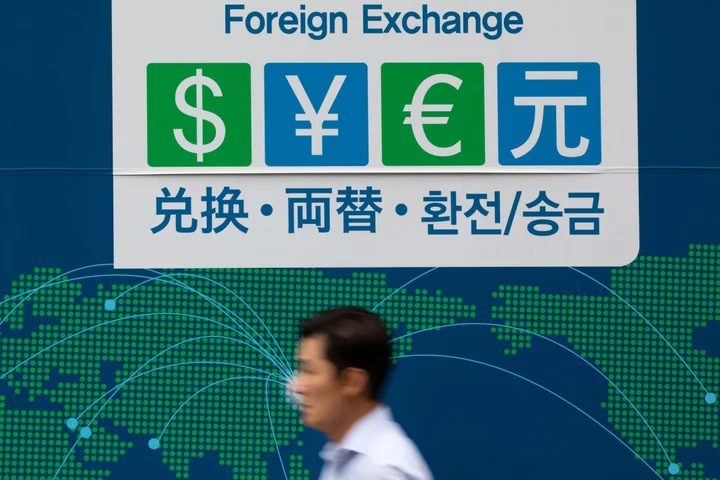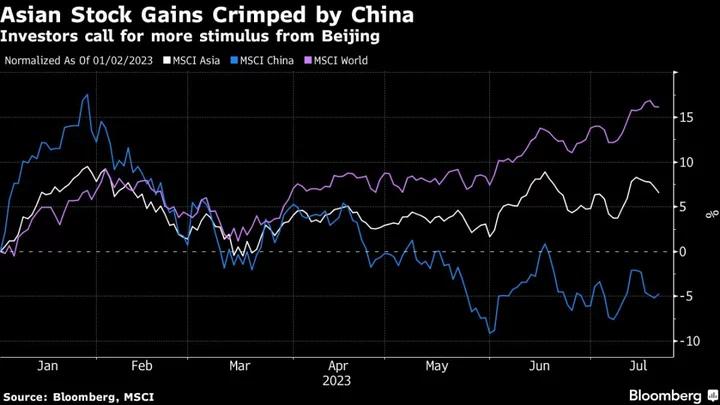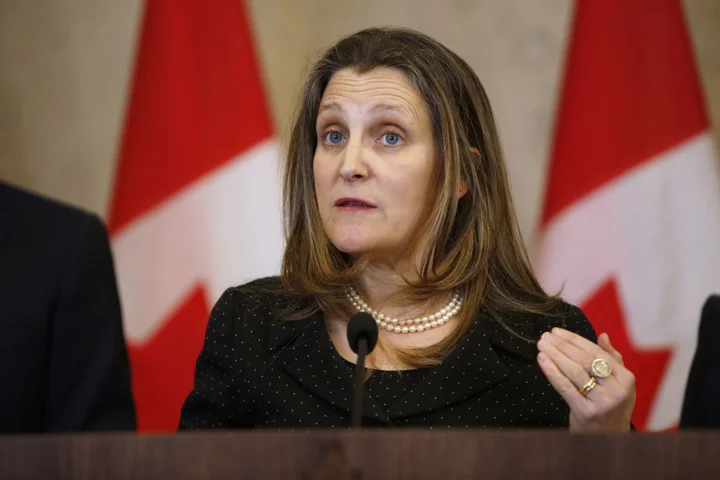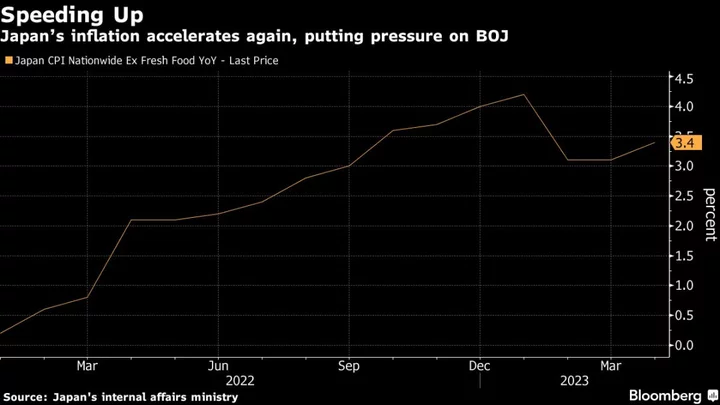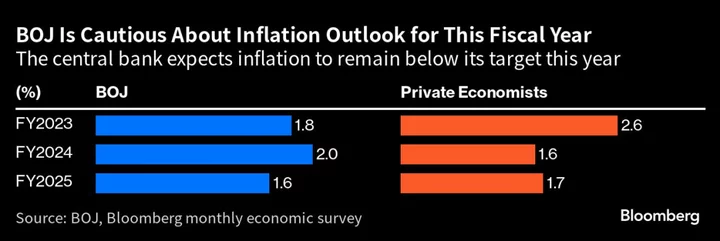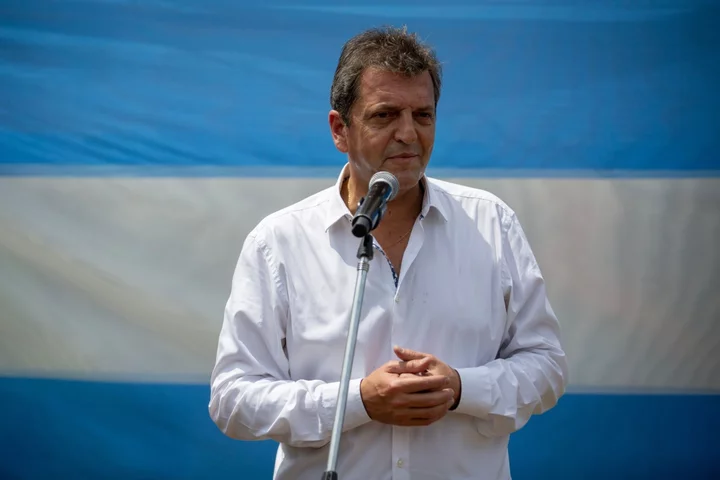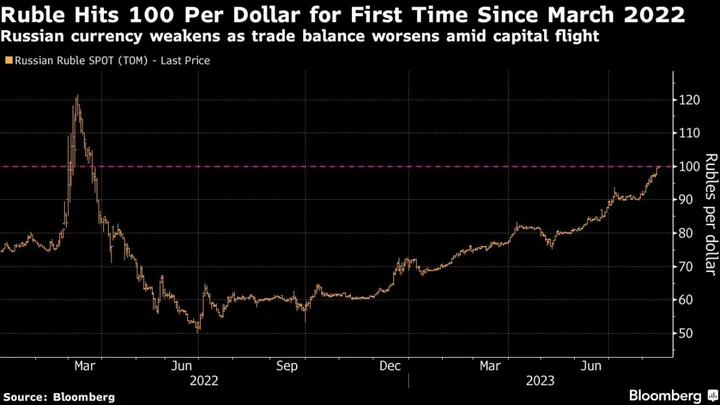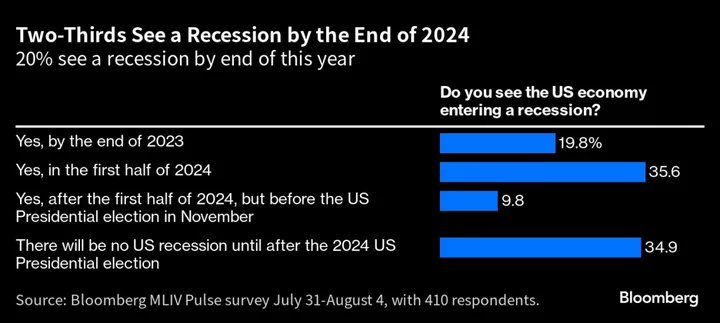South Korea’s authorities flagged the need to combat wash trading in its foreign-exchange market, as the country pushes extensive trading reforms to lure more offshore investors and get on global indexes.
“If there exists any forms of trading that are not acceptable to market participants, we must tackle them,” said Oh Kum-hwa, the director general of the Bank of Korea’s international department, referring to so-called wash trades. “Authorities are willing to fix,” the issue he said.
The Korean authorities have bolstered efforts in recent years to court foreign investors and improve market access, as the country also makes a push to get its stocks and bonds accepted into benchmark developed market indexes. Wash trading is a practice where traders buy and sell an asset concurrently to create the impression of a bigger demand.
Such market practices may affect some indexes that are considered benchmarks for the Korean won, such as the currency’s market average rate. They may also impede government measures to boost foreign access to the won like a plan earlier this year to allow some offshore firms participate directly in the local interbank currency market.
In 2021, the BOK said it would exclude market players that conduct wash trades when designating so-called “FX leading banks,” entities chosen to work with authorities to improve the local currency market in return for incentives.
“Enabling market disciplines to actually function is what we call infrastructure, and such moves to improve that infrastructure is necessary in the global perspective,” said Lee Jang Young, a senior adviser at law firm Kim & Chang in Seoul and former deputy governor of the Finance Supervisory Service.
Eliminating wash trading will help create a fairer and more efficient market, which is part of the ongoing FX market reform, Oh said, speaking after an organized meeting between the central bank and the government with traders on Wednesday.
Participants at the meeting agreed there was a need to improve unfair trading practices in the market, said Choi Ji-Young, the director general of the international finance bureau at the Finance Ministry, in a phone call Thursday.
(Updates with more context and a comment from the finance ministry)

